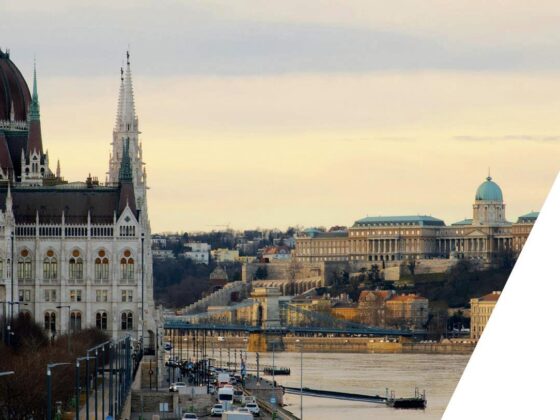(PONARS Eurasia Commentary) We know (or think we know) what rationales lie behind Russian lies and propaganda about the “fight against Nazism in Ukraine” or the “existential threat to Russia from the West.” These rationales are actively and constantly discussed, ranging from Russia’s desire to establish itself as a “great power” to President Vladimir Putin’s miscalculations regarding Ukrainian resistance and Western reactions. But one point is missing (for all its triviality). This is a war for territory, not for the restoration of the Russian empire, since any Russian efforts cannot restore it. It is not about the traditional “territorial imperative” of empires. It is precisely for the primitive physical expansion and physical possession of new territories.
What we are missing is how important the territorial factor is to Russians. During Soviet times, school children already from the first grade proudly repeated in chorus: “The Soviet Union is the largest state in the world, occupying one-sixth of the world’s land mass.” Remaining the largest country in the world, post-Soviet Russia has inherited this Soviet pride. A direct consequence of this is that the increase in the country’s territory in the eyes of Russians is the indisputable, ultimate evidence of the country’s success, the only true confirmation of its greatness. Russia cannot shrink territorially; it can only grow in size. (Again, I see here not imperial features but rather allusions to Ratzel’s “Political Geography” in late 19th century Germany and his considerations about the “viability of states.”)
From this perspective, any dominance of Russia in the post-Soviet space, the successes of any integration projects initiated by Russia (even if these successes were in place), can only be of marginal importance—because any form of dependence is less than total possession. “Crimea is ours!”—is precisely the formula for possession. This formula is simple and clear, while “integration” is incomprehensible. Only possession has a price. For years, the Russian leadership has been educating its citizens in this very spirit while also educating itself in this spirit. And now Putin can no longer offer the Russians another measure of success.
A natural consequence of this is that Russia’s intentions and threats against neighboring states have invariably been linked to their territorial integrity. Recall how in 2002, at talks with President Aliaksandr Lukashenka in Moscow, Putin proposed that Belarus join the Russian Federation through a referendum and adopt a common constitution based on the Russian Constitution. Subsequently, the Kremlin rejected the idea for a number of reasons, but in 2002 Lukashenka was quite scared and hurriedly left Moscow.
The situation with Kazakhstan is even more telling. Russian politicians have repeatedly and openly threatened to take the northern regions of the country for Russia. In 2020, state parliament deputy Vyacheslav Nikonov said in the program “Big Game” on Russia’s Channel-1: “Kazakhstan simply did not exist. Northern Kazakhstan was not inhabited at all. They [Kazakhs] existed, but much further south. And in fact, the territory of Kazakhstan is a great gift from Russia and the Soviet Union.” To this day, many politicians in Russia have repeated this “gift” argument. Already in 2022, dissatisfied with Kazakhstan’s position on Russian aggression in Ukraine, another Russian parliamentarian, Konstantin Zatulin, made a statement that contained blatant threats to Kazakhstan’s territorial integrity: “They [Kazakhs] know too well that a whole range of regions and settlements with a predominantly Russian population has had a weak relationship with what has been called Kazakhstan.”
Another consequence of Russia’s fascination with territorial size and the possibility of its expansion is Russia’s distinct disregard for the smaller countries of Europe. Despite all their economic and social successes. From the Russian perspective, their insurmountable disadvantage is that they are incapable of territorial expansion.
It is not only the occupation of new territories that is important to the Russian leadership; the final chord is the official inclusion of new lands into Russia. This is how Crimea and Sevastopol were hastily incorporated into Russia in early 2014 (Russia added two regions). In September 2022, due to quasi-referendums in Ukraine’s occupied territories, Russia formed four more new constitutional entities with unrecorded borders against the backdrop of war.
For the majority of Russians, the success of the war is measured precisely by an increase in the country’s territory (“ours!”). Let it be destroyed, depopulated territories, at the cost of enormous losses and incredible human suffering. To possess more territory—this is the only proof of victory—and the only way for Putin to justify the war in the eyes of Russians. It’s important not to forget this when thinking about the war’s trajectory and outcome.
Irina Busygina is a Visiting Scholar at the Davis Center for Russian and Eurasian studies at Harvard University.











